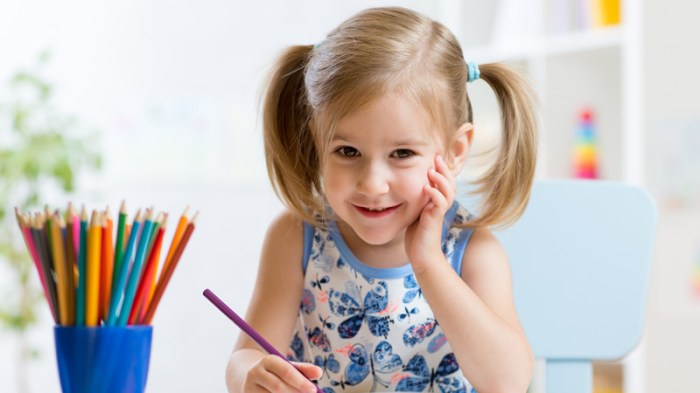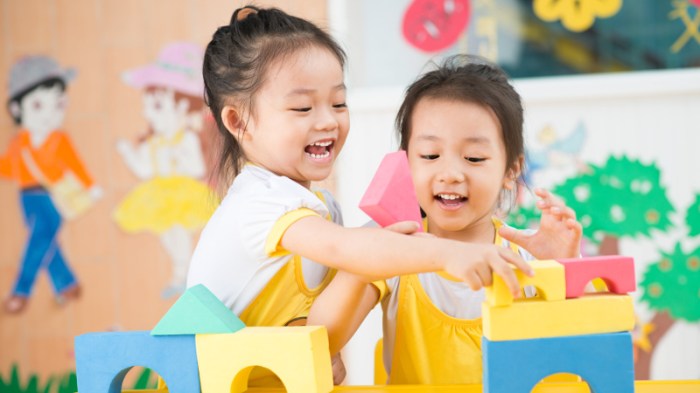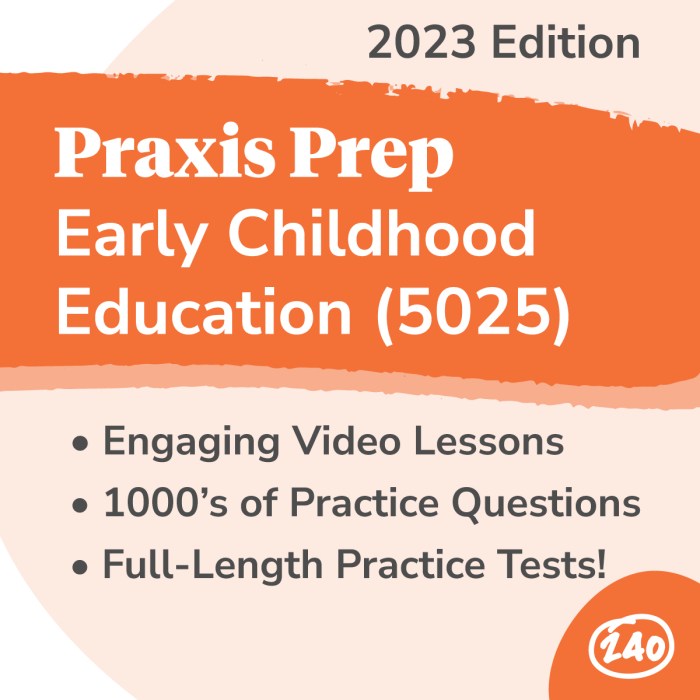Early childhood education test answers are a crucial aspect of assessing children’s progress and ensuring their future success. This comprehensive guide delves into the concepts, importance, assessment methods, curriculum, and trends in early childhood education, providing valuable insights for educators, parents, and professionals alike.
From understanding developmental milestones to implementing effective teaching strategies, this guide equips readers with the knowledge and resources necessary to navigate the complexities of early childhood education and foster children’s holistic development.
Early Childhood Education Concepts: Early Childhood Education Test Answers

Early childhood education focuses on the holistic development of children from birth to age eight. This period is characterized by rapid physical, cognitive, social, and emotional growth.
Cognitive Development
Cognitive development refers to the acquisition of knowledge and skills related to thinking, learning, and problem-solving. In early childhood, children progress from concrete to abstract thinking, develop language and literacy skills, and learn to solve problems through exploration and play.
Social Development, Early childhood education test answers
Social development involves the ability to interact with others, build relationships, and understand social norms. In early childhood, children learn to share, cooperate, and resolve conflicts. They also develop empathy and a sense of self-awareness.
Emotional Development
Emotional development refers to the ability to recognize, understand, and manage emotions. In early childhood, children learn to express their emotions appropriately, regulate their behavior, and develop resilience.
Physical Development
Physical development involves the growth and coordination of the body. In early childhood, children develop gross motor skills (e.g., running, jumping) and fine motor skills (e.g., drawing, writing). They also gain independence in self-care tasks.
Activities for Developmental Areas
To promote developmental growth in all areas, early childhood education programs provide a variety of activities that foster exploration, creativity, and social interaction. Examples include:
- Building blocks for cognitive and fine motor development
- Dramatic play for social and emotional development
- Outdoor play for physical and gross motor development
FAQ Section
What are the key developmental milestones in early childhood?
Cognitive: Problem-solving, language acquisition, memory; Social: Cooperation, empathy, self-regulation; Emotional: Expression, self-awareness, regulation; Physical: Gross and fine motor skills, coordination.
How does early childhood education benefit children’s future success?
Enhances cognitive abilities, promotes social skills, fosters emotional regulation, improves physical health, reduces achievement gaps.
What are some common assessment methods used in early childhood education?
Observations, portfolios, checklists, standardized tests, developmental screenings.

